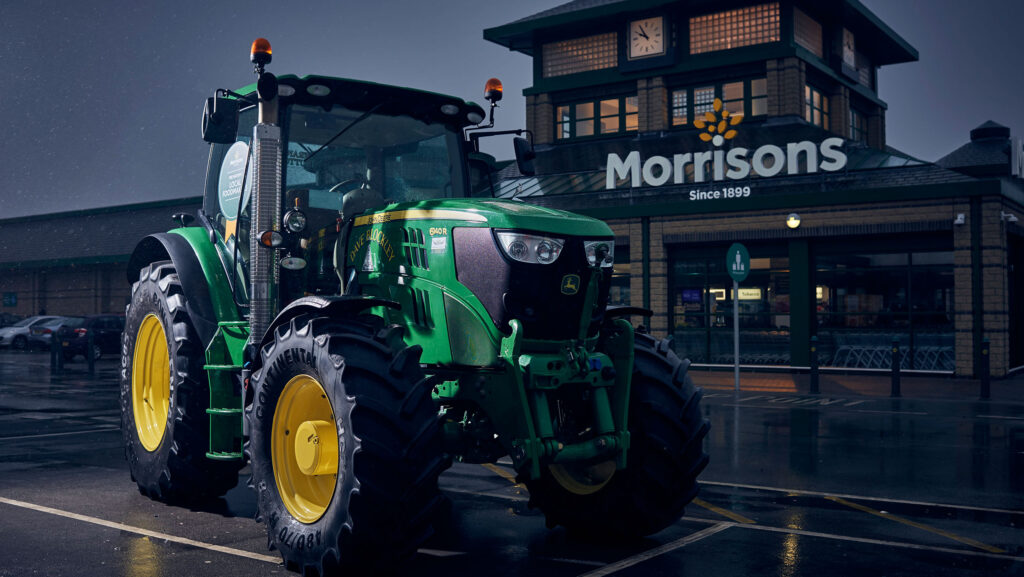Morrisons announces £1.4bn pledge to British farming
 © Morrisons
© Morrisons Morrisons has announced a £1.4bn investment in British farming, a pledge for 2025 that also includes an immediate support scheme for UK farmers.
In response to new inheritance tax (IHT) pressures faced by farmers, Rami Baitiéh, the retailer’s chief executive, has reiterated its commitment to its farming partners, highlighting their essential role in supplying fresh, home-grown food to the UK market.
“We stand shoulder to shoulder with British farmers, some of the unsung heroes of our society, growing and providing home-grown food we all benefit from every day,” said Mr Baitiéh.
See also: Minimum wage hike to £12.21 causes trouble for growers
This investment plan involves a variety of initiatives tailored to support cashflow and sustainability in the farming sector. Key elements include long-term contracts, direct cashflow assistance, and practical industry support measures.
Meanwhile, farmers who supply Morrisons with livestock, eggs, fruit, vegetables and dairy will now benefit from a 5% shopping discount both in-store and online, a gesture planned initially for December but now fast-tracked in response to the budgetary strains affecting UK farmers.
The retailer has been actively supporting British agriculture through its “For Farmers” range, which allows customers to contribute directly to farmers and has raised more than £25m to date.
In addition, Morrisons’ manufacturing arm, Myton Food Group, has provided consistent financial support to cattle farmers, presently funding £11m-worth of cattle, thereby helping farmers manage their budgets.
NI contributions impact
Elsewhere, M&S and Sainsbury’s are set to announce their financial results this week, amid expectations that the two retailers could incur a combined £200m increase in tax expenses due to an increase in employers’ National Insurance (NI) contributions, announced in the Budget.
The 1.2 percentage point increase to 15% in NI employer contributions from 6 April 2025 could put additional pressure on both companies’ finances, especially as they navigate challenging economic conditions and work to maintain profitability in a competitive retail market.
